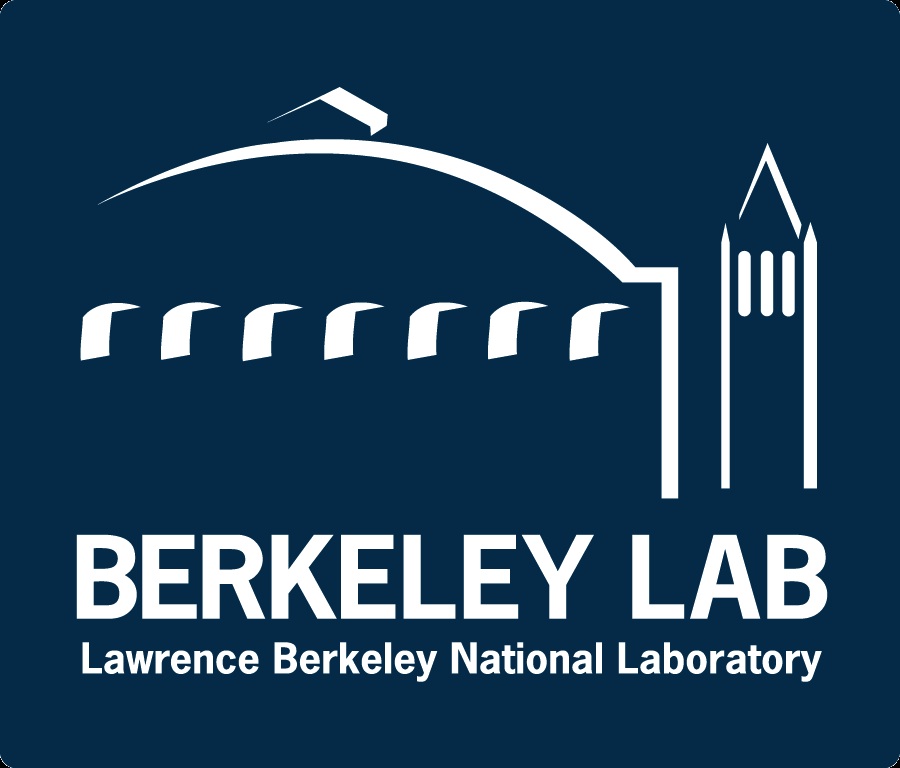
-
Opportunities
-
Rutgers - PostDoctoral Associate
-
Brookhaven Postoctoral Position
-
Graduate Studies at UB
-
Search for Assistant Professor in Biophysics at UWM
-
Diamond Light Source Seeks Beamline Scientist
-
Jobs at Lawrence Berkeley National Laboratory
-
UWM Opening: Research Associate
-
Career Opportunities at LCLS
-
New Opportunities at the PDB
-
New Positions at UC Merced
-
- Details
- Wednesday, 08 September 2021

Computational Project Scientist - https://lbl.taleo.net/careersection/2/jobdetail.ftl?job=93507
Computational Postdoctoral Scholar - https://lbl.taleo.net/careersection/2/jobdetail.ftl?job=93506
In these exciting roles, you will work in the Molecular Biophysics and Integrated Bioimaging Division on a project that will research adding advanced spatial and symmetry aware neural network training methods to small-molecule chemical crystallography and material science data processing. This will use AI methods developed as part of a close collaboration between teams at Lawrence Berkeley National Labs (LBNL), University of Connecticut, and MIT. The larger group is researching crystal engineering of hybrid coordination polymers towards achieving rational control over the optoelectronic properties of low-dimensional nanostructures. These positions are focused on the chemical crystallography aspect of the program, but the successful candidates will be expected to participate in all aspects of the program, including data collection at X-ray free electron lasers worldwide, data analysis on supercomputing facilities, structure solution, research on AI driven structure prediction, paper writing, and software management. Both roles are 3 year appointments.
This work will be part of the Department of Energy Integrated Computational and Data Infrastructure for Science Research program.
Specific details follow.
Berkeley Lab is committed to Inclusion, Diversity, Equity and Accountability (IDEA) and strives to continue building community with these shared values and commitments.
Berkeley Lab is an Equal Opportunity and Affirmative Action Employer. We heartily welcome applications from women, minorities, veterans, and all who would contribute to the Lab’s mission of leading scientific discovery, inclusion, and professionalism. In support of our diverse global community, all qualified applicants will be considered for employment without regard to race, color, religion, sex, sexual orientation, gender identity, national origin, disability, age, or protected veteran status.
Computational Project Scientist
What You Will Do:
· Design and train neural networks that allow determination of the unit cell and crystal orientations of small molecule crystals from sparse, randomly oriented diffraction patterns. This will involve curating training sets from simulated datasets and from existing and new experimental data that will be collected.
· Research methods to scale training and use of these neural networks on multiple nodes in high performance computing environments.
· Lead data collection and processing at X-ray free electron sources.
· Maintain a detailed record of work performed.
· Document and manage code developed using standard source control methods.
· Publish in peer-reviewed journals.
· Present research at seminars and conferences.
· Assist Principal Investigator in developing grant proposals.
· Document and maintain existing and new data processing software, including the cctbx build system.
What is Required:
· 2-5 years of relevant experience beyond the highest degree in Physics, Statistics, Crystallography, Artificial Intelligence, or a related field.
· A strong background in Python, C++, or an equivalent platform for scientific computing.
· A track record of critical thinking, problem solving, and mathematical intuition, demonstrated through publications and presentations.
Desired Qualifications:
· Familiarity with general Python scientific data packages such as NumPy, SciPy, and pandas.
· Versed in modern coding practices for scientific computing, including algorithm design and evaluation, source code management under a revision control system like git, and incorporation of readable documentation and comments.
· Expertise in computational approaches in at least one of the areas related to the research is required, including but not limited to small-molecular crystallography, structure solution and refinement, unit cell determination, neural network design, training, and evaluation, high speed computing, image analysis, large dataset analysis, graph theory, error propagation and statistics, signal processing, and GPU acceleration.
· Familiarity with small-molecule material design and synthesis.
· Strong analytical and organizational skills.
· Excellent interpersonal, oral, and written communication skills.
· Ability to work independently as well as part of a diverse team.
Computational Postdoctoral Scholar
What You Will Do:
· Design and train neural networks to model diffraction from small molecule crystals. This will involve curating training sets from simulated datasets and from existing and new experimental data that will be collected.
· Assist in data collection and processing at X-ray free electron sources.
· Maintain a detailed record of work performed.
· Document and manage code developed using standard source control methods.
· Publish in peer-reviewed journals.
· Present research at seminars and conferences.
What is Required:
· PhD degree in Physics, Statistics, Crystallography, Artificial Intelligence, or a related field.
· Experience in computational approaches in at least one of the areas related to the research, including but not limited to small-molecular crystallography, structure solution and refinement, unit cell determination, neural network design, training, and evaluation, high speed computing, image analysis, large dataset analysis, graph theory, error propagation and statistics, signal processing, and GPU acceleration.
· Strong analytical and organizational skills.
· Excellent interpersonal, oral, and written communication skills.
· Ability to work independently as well as part of a diverse team.
Desired Qualifications:
· Familiarity with Python, C++, and general scientific data packages such as NumPy, SciPy, and pandas.
· Familiarity with small-molecule material design and synthesis.
Please do not hesitate to reach out to me for more information.
Thank you,
Aaron S. Brewster, PhD
Computational Research Scientist, Molecular Biophysics and Integrated Bioimaging Division
Lawrence Berkeley National Laboratory



